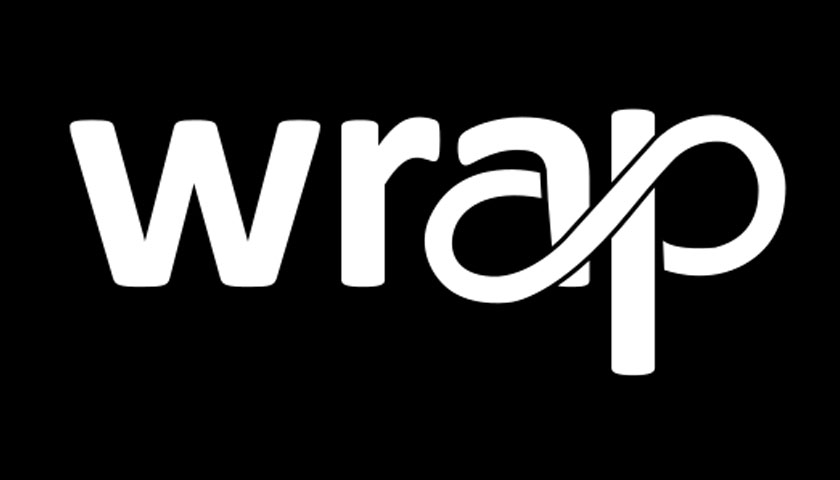WRAP has unveiled a new reusable and refillable packaging guide for UK retailers and brands and the value chain. The guide will help businesses assess their current packaging portfolio and identify the opportunities to move away from single use plastics to reusable and refillable packaging.
Recycling alone will not solve the devastating impacts linked to excessive product packaging and expanding the UK’s reusable and refillable portfolio is a crucial aim of the UK Plastics Pact – the first of twelve international Plastics Pacts operating around the world. Reuse and refill will continue to be a primary focus beyond 2025, with targets developed alongside reporting methodologies.
The environmental NGO has secured funding to update the Recycling Locator tool on its Recycle Now website to include reuse and refill locations to help drive demand and customer buy in, giving people greater freedom to shop plastic-free. This enables shoppers to enter their postcode and find local reuse/refill stations. Any businesses that provide this service are encouraged to add their details.
Helen Bird, Head of Material Systems Transformation explains, “Reuse and refill systems are coming, and it’s critical that we collaborate to prepare and get it right. Standardisation and easy access are going to be central to provide a convenient and cost-effective service for shoppers. Our guide will help businesses consider their current packaging portfolio and identify the opportunities to move from single use plastics to reuse and refill packaging on a range of products, and ditch disposable plastic as their customer’s demand. The updates to the Recycle Now tool, used by more than 1.8 million people a year, to incorporate reuse systems will help to give people practical information on where they refill locally, whether it’s a high street giant or independent.
Reuse and refill will be a key element of The UK Plastics Pacts goals as we consider the next phase of the industry agreement, providing a forum for industry to convene in a pre-competitive space.”
Reusable and refillable packaging is a growing market and achieving impactful scale will be challenging for businesses, but is not insurmountable if industry collaborate. For that to happen, it needs public and business action combined – which WRAP will drive through facilitated collaboration with members of the UK Plastics Pact that currently makes up 75% of the UK consumer plastic packaging market.
The WRAP guidance outlines how a shared infrastructure and standardisation for certain products is key to achieving scale in high-volume, fastmoving categories. Overall, businesses will need to identify when reusable or refillable packaging will be environmentally preferable to single use packaging; and determining the minimum number of returns/refills needed will demonstrate environmental and economic performance.
WRAP also used its annual UK Plastics Pact Summit this month to inform delegates that acting now means getting ahead of EPR as well as other new regulations, including the upcoming Packaging and Packaging Waste Regulation (PPWR) in Europe and the Global Plastics Treaty, where WRAP put forward its position regarding reuse and the treaty itself.
As an organisation working with partners in more than forty countries, WRAP is beginning to convene the global Pact network on this topic to share learnings. As well as providing guidance and a forum for convening, WRAP is developing category blueprints, firstly exploring liquid detergents prefills, to help standardise the system while enabling brands to retain their unique look and feel.

